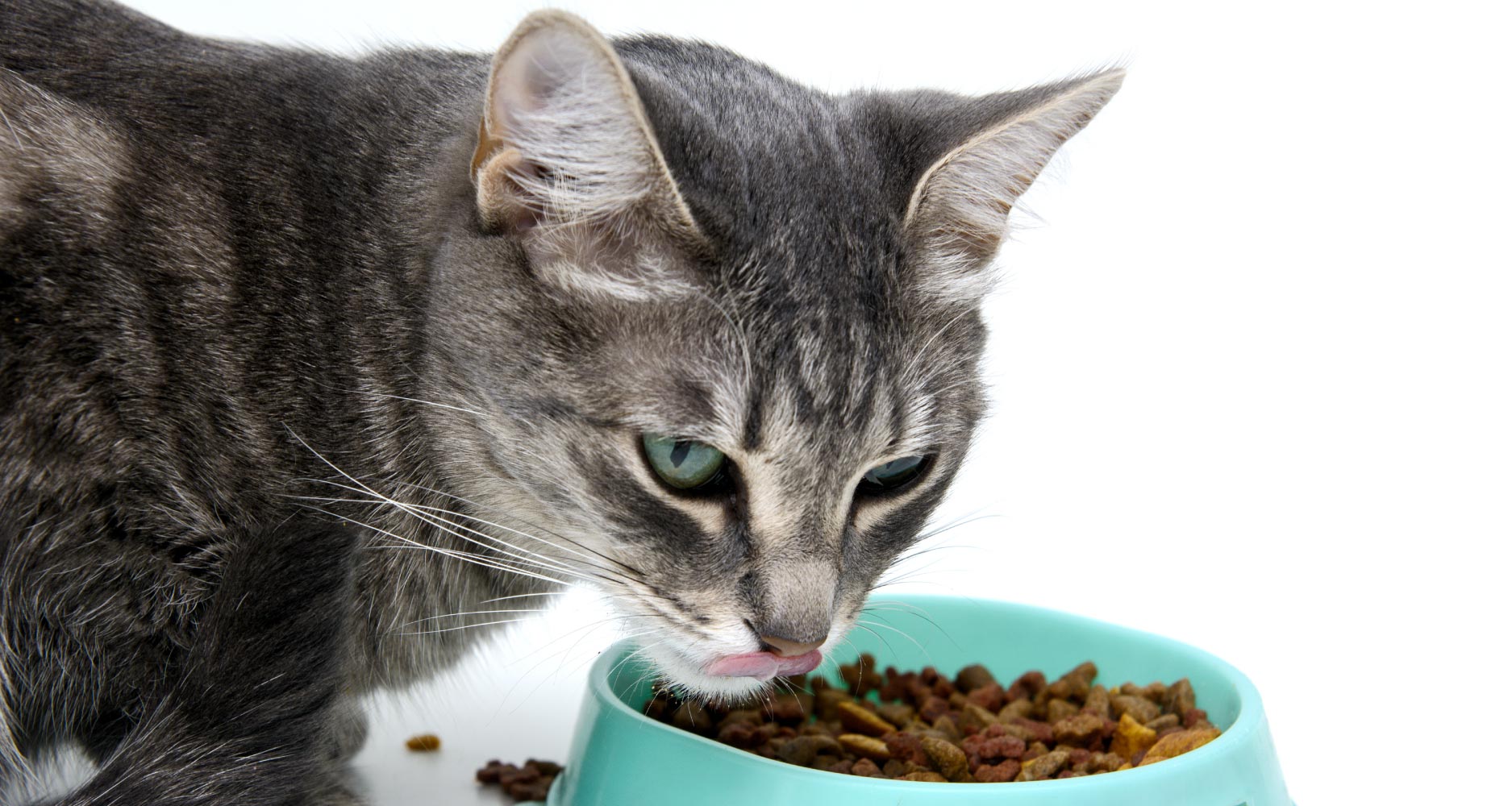HEALTH & WELLNESS

TRENDING

SIGN UP and Start Receiving
Our Monthly Newsletter,
The Chronicles
Importance of Nutrition in Chronic Kidney Disease in Cats

Nutritional Requirements for Cats with Chronic Kidney Disease (CKD)
VITAL FUNCTIONS OF KIDNEYS
The kidneys have a variety of important functions. These include:
- Removing waste products from the blood
- Conserving water in the body
- Producing urine
- Regulating the levels of certain essential minerals such as potassium and sodium
- Initiating the production of red blood cells in the bone marrow
KIDNEY DYSFUNCTION AND CHRONIC KIDNEY DISEASE (CKD)
Clinical signs usually present themselves when two-thirds (67% to 70%) of the kidneys are already dysfunctional. Usually damage to the kidneys occurs over a long period of time – months or years. This long-term or chronic condition results in kidney failure and often progresses to chronic kidney disease (CKD) which is mainly a problem of older cats.
With kidney disease the kidney function declines and toxic waste products like urea and phosphorous begin to build up in the body. This affects body functions and can make the cat feel nauseous and lethargic. Decreased kidney function also leads to dehydration because more water than normal is lost in the urine.
MANAGEMENT AND TREATMENT SLOWS THE PROGRESSION OF CKD
When the kidneys are damaged, they unfortunately seldom recover. However, with proper management and treatment, the condition usually progresses slowly giving your cat a number of years of good quality life.
WHAT ARE NUTRIENTS AND NUTRITION?
Nutrients are substances that provide nourishment for organisms to survive, grow and reproduce.
Nutrition is concerned with how the body uses nutrients and how it connects to diet, health and disease.
Sufficient Nutrients are Essential for Cats with Chronic Kidney Disease (CKD)
To effectively manage CKD in cats, certain issues need to be addressed:
- Symptoms, caused by waste gathering in the blood, need to be managed
- The imbalance of fluids and minerals need to be improved
- Sufficient recommended nutrition needs to be ensured
- The progression of CKD needs to be delayed
An appropriate diet can address all of these objectives.
Special Kidney Support Diet
Special diets for cats with CKD can be prepared at home or are available ready prepared – consult your veterinarian.
A kidney support diet contains less protein, sodium, and phosphorus, and increased omega-3 fatty acids. This diet helps lower the level of waste products in the bloodstream.
There is no one-size-fits-all diet for cats with CKD, but an appropriate diet generally contains:
- Less Protein
Insufficient protein intake can lead to dangerous weight loss. Less protein doesn’t mean no protein. It means a controlled intake of quality proteins. These are proteins that are easy to digest. Some experts may suggest a natural raw diet.
To encourage a cat with CKD to eat, try to improve the texture, aroma and taste of food.
- Less sodium
Because sodium retention and potential high blood pressure are concerns, it is often recommended that sodium intake be restricted.
- Less phosphorus
The body needs phosphorus, but it needs healthy kidneys to control the levels, otherwise kidneys will suffer damage. With CKD, kidneys struggle to regulate phosphorus levels. To control phosphorus intake, ask your veterinarian what foods are the safest options.
Signs that kidney function may have been compromised include absence of appetite, weakness and uncoordinated or uncontrolled movement. Sometimes medication that reduces the absorption of phosphate is necessary (phosphate binder), but this should be discussed with your veterinarian.
- More omega-3 fatty acids
If the diet doesn’t already contain them, omega-3 fatty acids EPA and DHA can help protect the kidneys from the harmful effects of CKD.
- More potassium
Deficiency of potassium in the bloodstream (hypokalemia) is common in cats with CKD. This leads to muscle weakness, stiffness, and poor hair quality. Low potassium levels may also contribute to the worsening of the kidney failure. Ask your veterinarian about potassium supplementation.
- More Antioxidants
Extra antioxidants, such as vitamins C and B, can reduce renal oxidative stress. When the failing kidneys are unable to concentrate the urine, these water-soluble vitamins are lost and affected cats may need daily supplementation.
IMPORTANT
Cats with CKD can easily become dehydrated. If your cat has CKD, make sure he or she always has easy access to fresh water.
Kidney support diets should provide the following:
- Moderate amounts of high-quality, easy-to-digest proteins
- Low in phosphorus to limit additional kidney damage
- Added fish oil (omega-3 fatty acids) to protect against inflammation
- Enriched in natural antioxidants such as vitamins C and B
DRUG THERAPY IN CONJUNCTION WITH DIET
Drugs address the treatment of conditions associated with CKD, such as anemia. When kidneys are weakened the production of red blood cells in the bone marrow is decreased. Many cats with CKD are anemic due to a lack of stimulation of the bone marrow. Drugs have been developed to help stimulate bone marrow production and may be prescribed by your veterinarian.









